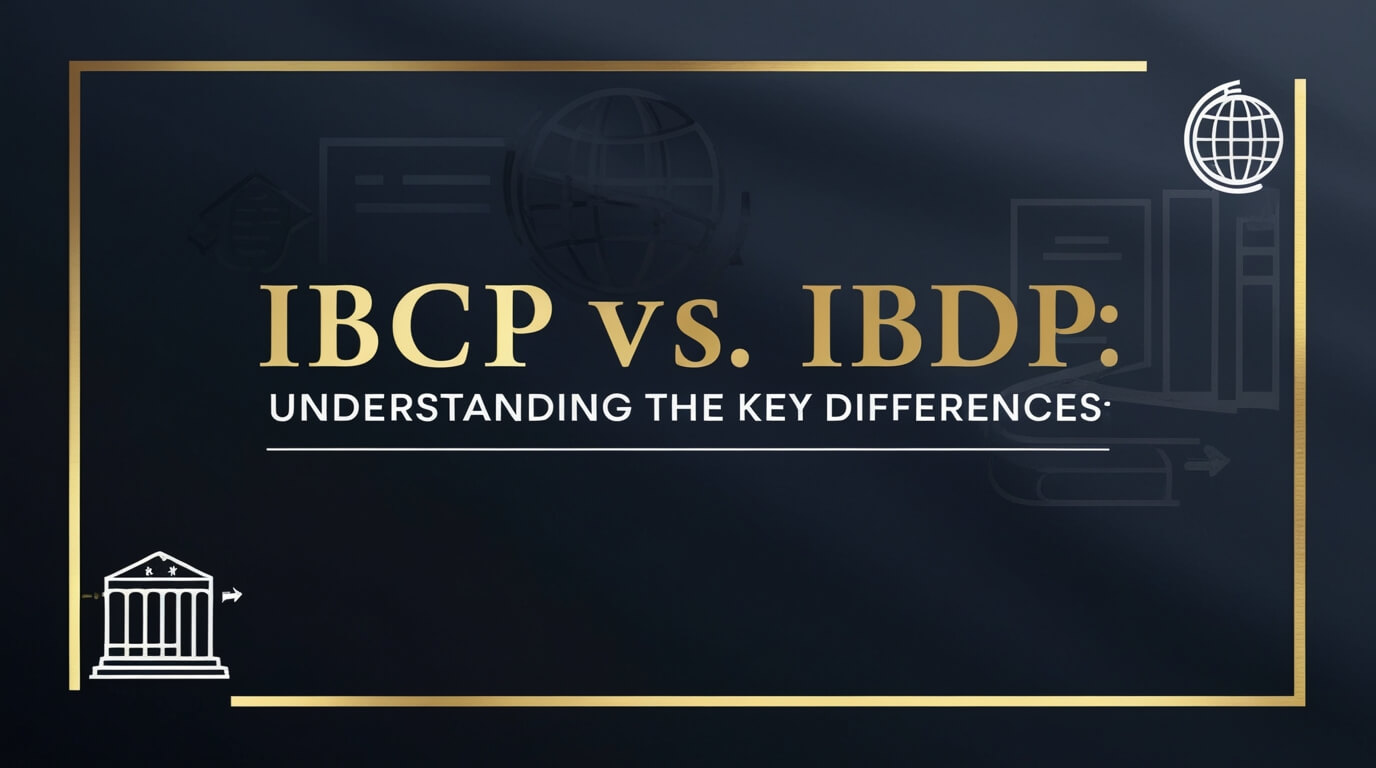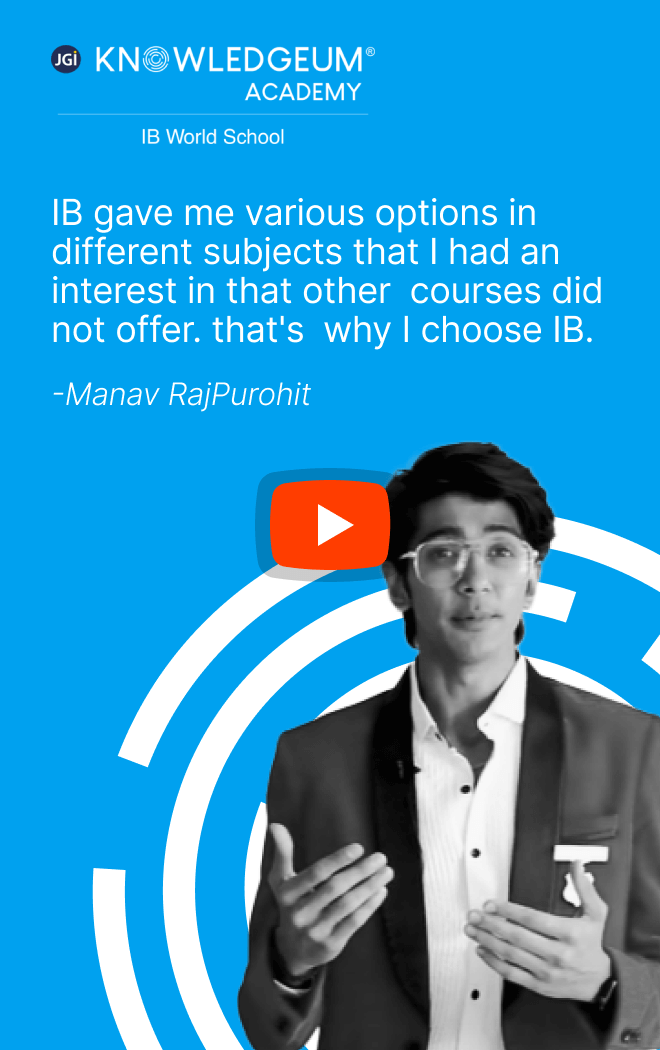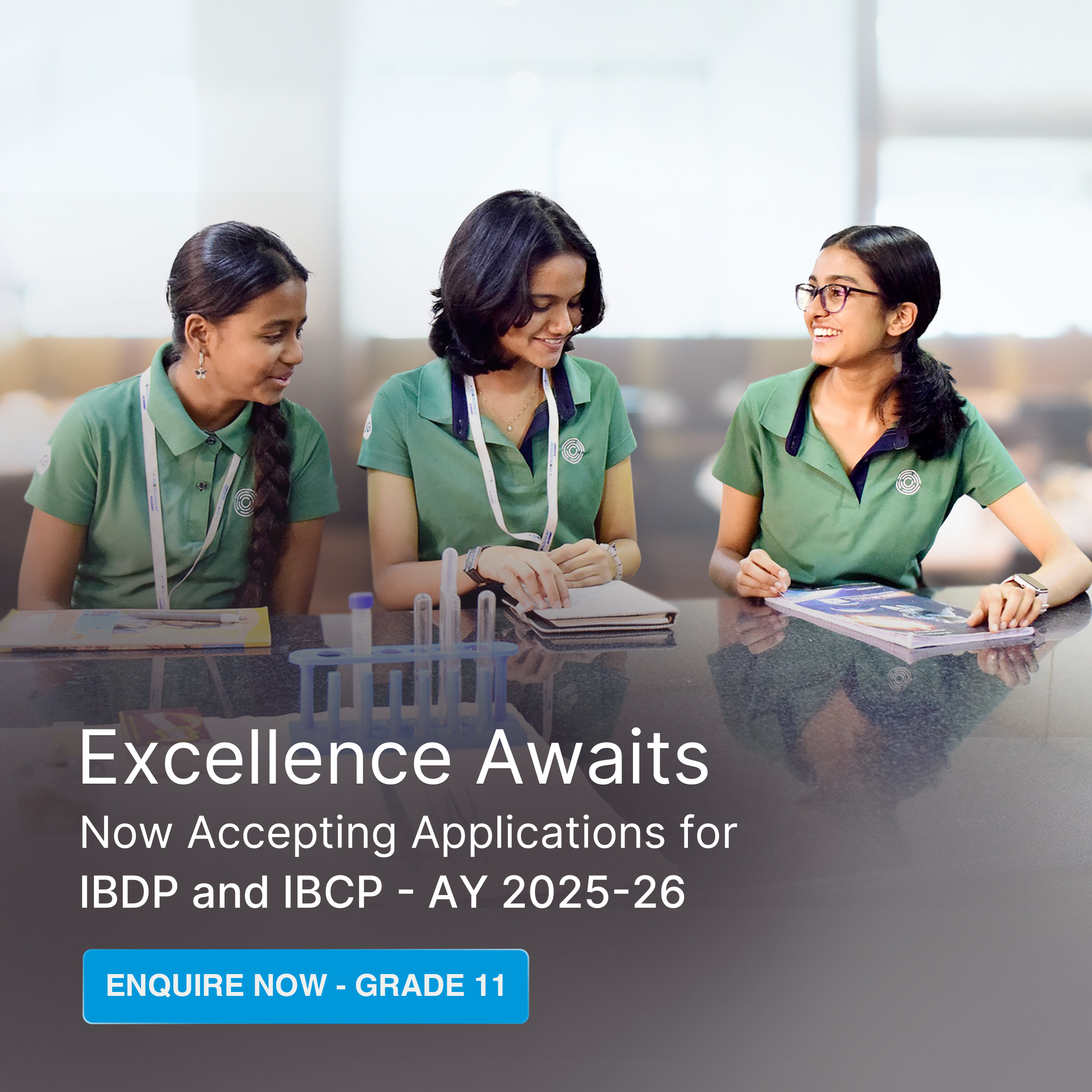How Do IBCP and IBDP Differ in Preparing Students for Their Futures?

Choosing a proper academic program for your future may be challenging. Among the few options at hand, two of the most promising could be the International Baccalaureate Career-related Programme, or IBCP, and the International Baccalaureate Diploma Programme, or IBDP. Both are worldly famous and give students some real unique opportunities; however, they have been targeted for different purposes.
So, how would one choose which one fits them? In this blog, we'll break down the major differences that exist between IBCP and IBDP for further deliberation of your choice.
What is the IBDP?
The best-known offering from the IB, probably, is the International Baccalaureate Diploma Programme. Targeted at students between 16 and 18 years of age, it represents an academically challenging, broad pre-university education. It encompasses a wide array of subject areas and places particular emphasis on the development of critical thinking, research, and writing in students.
Throughout the IBDP, students take six subjects from different groups, such as languages, sciences, humanities, and the arts. Furthermore, they need to complete three core components that must consist of:
Theory of Knowledge (TOK): A course in which students are encouraged to reflect upon the nature of knowledge.
Extended Essay: An independent, 4,000-word research paper on a topic of the student's choice.
CAS: CAS means the creativity of activity and service that helps balance the academic load with personal growth, creative, physical, and community activities.
The IBDP is a full-on academic challenge that is highly valued by universities worldwide for its rigour and breadth.
What is the IBCP?
The International Baccalaureate Career-related Programme (IBCP), by contrast, caters for students who clearly wish to pursue a vocation. It meets the needs of this group perfectly by combining academic education and vocational business training, most suitable for students ready to get into working spheres such as business, health care or IT.
Students in IBCP are required to undertake fewer subjects, generally two to four IB subjects in addition to career-specific courses. These courses are normally more practical and job-related and equip students with skills relevant to their profession. Apart from the subject explorations, IBCP students are also obliged to incorporate completion of four compulsory components:
- Personal and Professional Skills (PPS):It is aimed at nurturing skills like communication, ethics, and collaboration.
- Service Learning: A project where students apply their skills to benefit the community.
- Reflective Project: An in-depth piece of work that reflects on an ethical issue related to their career focus.
- Language Development: Improving proficiency in an additional language to boost global employability.
The IBCP is a great choice for students who want to gain valuable career experience while continuing their academic studies.
Prime Differences Between IBDP and IBCP
Now that we’ve defined each programme, let’s explore the key differences that set them apart:
1. Scope of the Research
As a built-in component of the IBDP, the middle year focuses on more than one subject from six distinct areas of study. It’s an appropriate choice for those students able to keep their avenues open, while pursuing various fields of studies. IBDP students not only excel in their academic studies, but also acquire professional critical thinking and research abilities, which are admired by universities.
The IBCP, on the other hand, prepares students to take up vocational tasks. It integrates academic learning with technical skills so that students can deploy theory in practice. If however, you already have a particular industry or sector you want to work in, then IBCP allows you to channel your study in a manner that will fit your career goals.
2. Number of Subjects
IBDP students are expected to take six subjects, drawing a practical balance between higher-level (HL) and standard-level (SL) courses. The subjects cover a wide range, ensuring that students receive a comprehensive, relevant and applicable education.
IBCP students, on the other hand, generally have to choose fewer IB subjects (usually two to four), ensuring they have extra time to dedicate to their career-related studies. This reasonable academic load enables students of IBCP to venture into the vocational aspects of their education.
3. Core Components
While both the IBDP and IBCP have core components, they differ significantly.
The core in the IBDP includes the theories of knowledge, the Extended Essay, and CAS; each element is designed to challenge students to become critical thinkers, to reflect on the way they learn. The Extended Essay is a major project of students that introduces them to university research requirements.
The IBCP core is more career-oriented. The course Personal and Professional Skills teaches students the necessary workplace competencies: problem-solving, effective communication. The Reflective Project encourages students to reflect upon important ethical issues in their future field of work, while Service Learning allows them to apply their skills within the community.
4. University vs. Career Readiness
The IBDP is generally seen as a strong preparation for university. It’s recognised worldwide for its academic rigour, and students who complete the IBDP are often highly sought after by universities. The programme’s broad academic scope makes it ideal for students who want to keep their options open for future study.
The IBCP, on the other hand, is aimed more at career readiness. While IBCP students can certainly go on to university, the programme is particularly beneficial for students who want to enter the workforce or continue with vocational training right after school. The IBCP’s mix of academic and hands-on experience gives students a head start in their chosen profession.
Which Programme is Right for You?
Choosing between the IBDP and IBCP depends on which one best suits your personal goals, interest areas, and strong points. If you are interested in learning many different subjects and aiming for university, then IBDP is an excellent path. It is also a very excellent program for students who want a challenging academic life and who do not eliminate options in higher education.
However, if you already know what career you want to pursue and prefer a more practical, application-based approach to learning, the IBCP could be perfect for you: you will be able to gain real-world experience while still benefiting from the academic strengths of the IB framework.
What this means is that both the IBDP and the IBCP come with excellent opportunities. It just depends on which one fits better with your future goals.




